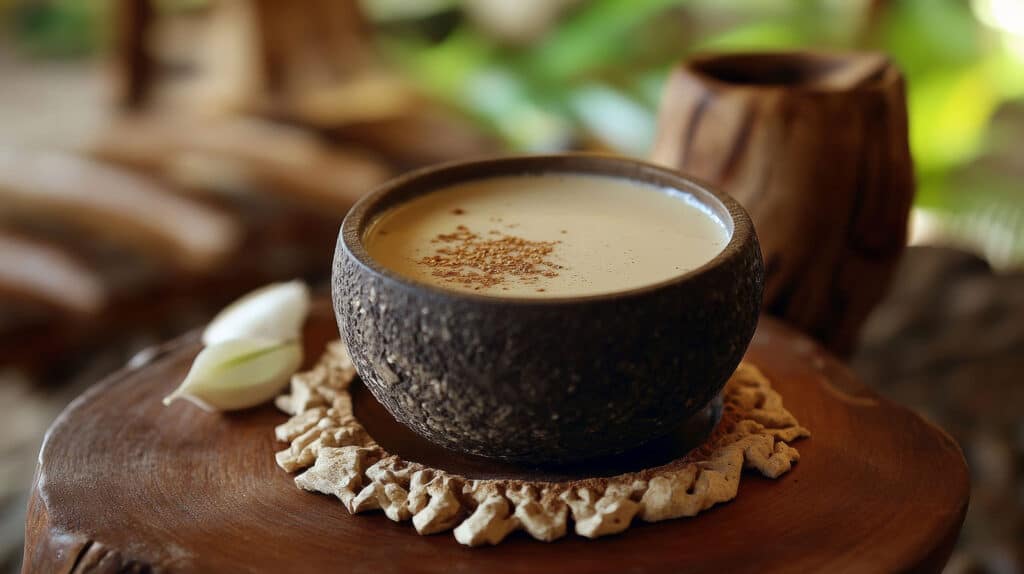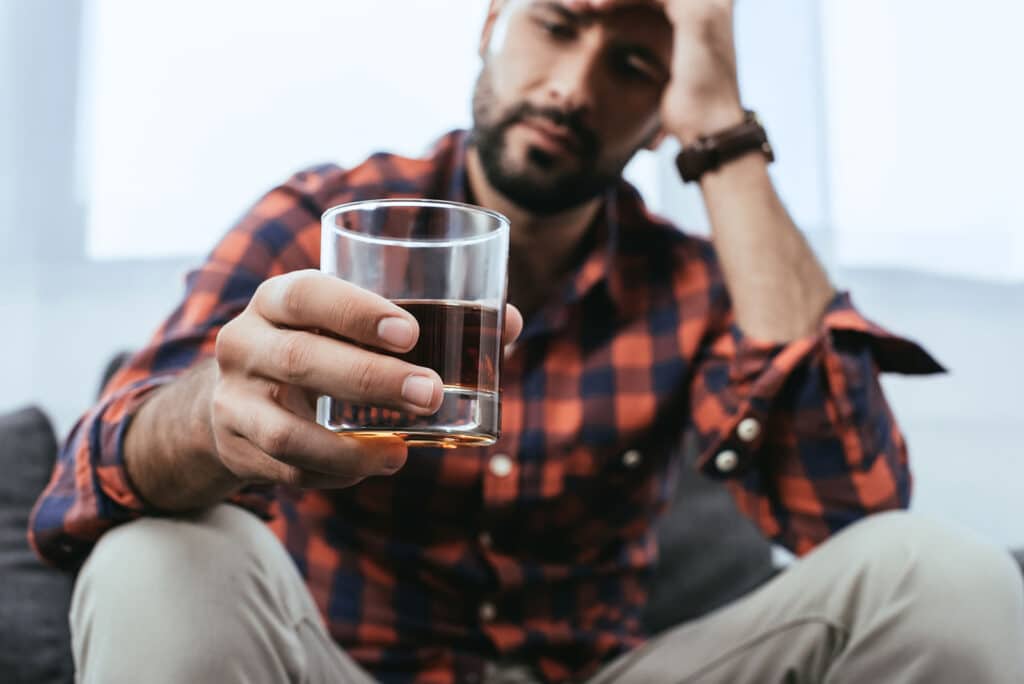Kava, also known as Kava Kava, has recently gained popularity within wellness groups in the US. The increasing popularity of the shrub is thanks to its sought-after medicinal properties and psychoactive effects.
In the 1990s, when naturopathy was on the rise, the plant was widely endorsed as a natural alternative to prescription medication to relieve anxiety disorders. Today, Kava products are sold as a herbal supplement, widely valued for their potent sedative effect and other perceived benefits.
However, kava consumption has also raised safety concerns due to the lack of robust drug tests and clinical evidence. So, if you’ve just learned about the kava plant, it’s only natural to wonder about its potential risks to your health.
Is kava addictive? How long does kava stay in your system? Can withdrawal symptoms occur after stopping kava consumption? Let’s answer all your questions and more below.
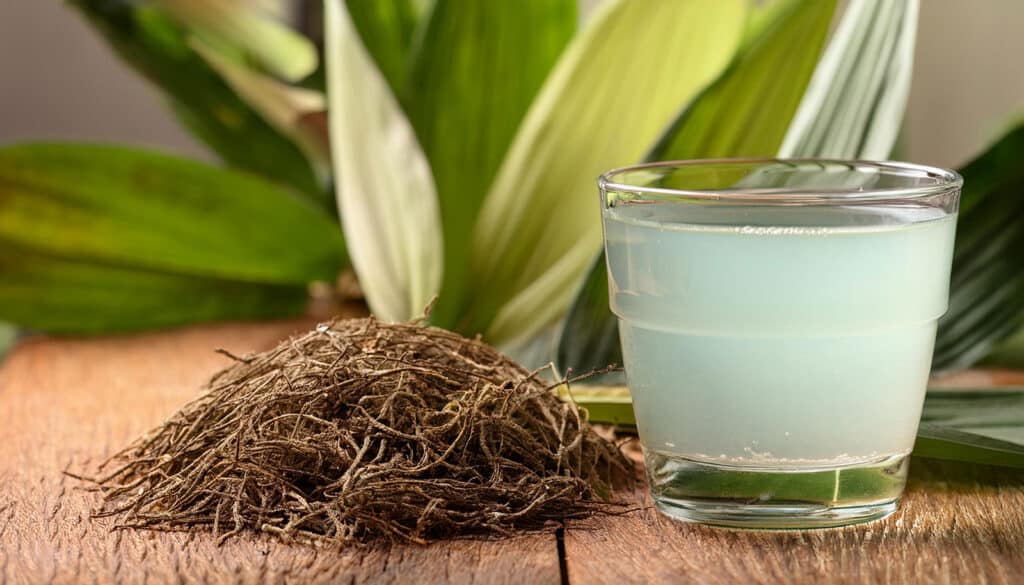
Understanding How Kava Affects the Body
Kava is a herbal drug extracted from the Piper methysticum plant, a member of the pepper family. It’s native to the South Pacific Islands, where people have used the kava root beverage for centuries to conduct healing and ceremonial rites.
Other names of Kava include:
- Kava kava
- Kawa
- Waka
- Yaqona
- Lewena
- Wati
- Sakau
Traditional preparations involve crushing the plant root into powder, mixing it with coconut milk or water for consumption. In the US, kava is popularly used as a dietary supplement. Edibles, capsules, drink mixes, eye droppers, and concentrated kava extracts are also available.
Ingested in moderate amounts, Kava is known to induce psychoactive effects due to the presence of kavalactone compounds. These active compounds almost exclusively exist in the root of Piper methysticum.
Kavalactone primarily affects the central nervous system, enhancing the brain’s GABA receptors. For this reason, kava is largely considered a depressant, producing similar effects to alcohol, including feelings of drunkenness.
Reported Benefits
The use of kava is believed to offer several benefits to the body. Some studies found that kavalactone compounds provide substantial anxiolytic benefits, prompting people to take them to relieve symptoms of mild to moderate anxiety disorders.
Some kava users even reported kava’s calming effects to be comparable to benzodiazepines, with fewer adverse effects. Nevertheless, more research is needed on this topic. Short-term effects of kava are as follows:
- Drowsiness
- Muscle relaxation
- Stress relief
- Increased talkativeness
- Feelings of well-being
- Reduced or loss of appetite
Those who are going through benzodiazepine withdrawal may take kava to manage its symptoms. Others drink kava to combat various ailments, including chronic stress, insomnia, depression, chronic pain, convulsions, anti-social tendencies, and cancer.
However, it’s important to remember that there’s currently no scientific evidence to support many of these claims.
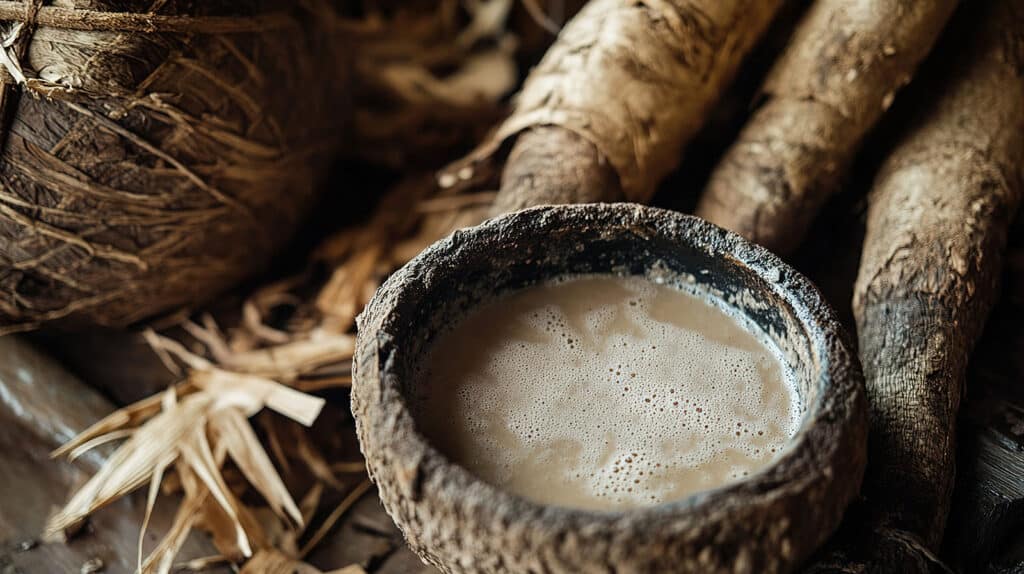
How Long Does Kava Stay In Your System?
High-quality kava takes effect fast. Within 15 to 20 minutes after ingestion, the drug is absorbed in the bloodstream, and your muscles will begin to relax. In about 1 to 2 hours, Kava will have reached its peak effects in your body.
But how long does Kava last in your system? And should you be worried?
Fortunately, unlike most illegal substances, Kava only remains in your system for approximately one day. For reference, cannabis, another plant-based drug used to treat anxiety, stays in the body for up to seven days.
Kavalactone, the active compound in the kava plant, has an estimated half-life of 9 hours. Half-life refers to the period of time it takes for a substance’s efficacy to diminish by half.
Other factors that could impact how long kava effects stay in your system include:
- Dosage: Whether or not the drug stays longer in your body can depend on the amount of kava you’ve taken. Like other depressants, high doses can cause the drug to remain in the system for a longer period.
- Age and Size: Your age and body size can affect how fast kava is eliminated from your body. Smaller, younger people tend to experience stronger and longer psychoactive effects, which is why it’s common medical advice to prevent children from using it.
- Individual Metabolism: The liver is the primary organ responsible for drug metabolization. The rate of metabolism can vary from one person to another, depending on the liver’s health. An unhealthy liver may metabolize kava more slowly.
- Frequency of Use: Frequent kava users may find that their bodies retain the drug longer than those who aren’t. As kavaclone accumulates in the body, your liver will have difficulties excreting the drug.
The chemical compound found in the kava plant is fat-soluble (lipophilic). That means people with more fat in their bodies have a hard time breaking down and eliminating higher doses of kava.
Proper hydration by drinking plenty of liquids can help assist kava excretion. Exercising also boosts metabolism and blood circulation, lessening the effects of the drug in your body.
Potential Risks
The Food and Drug Administration (FDA) doesn’t consider kava a controlled substance. However, there are good reasons why, for a time, the psychoactive plant has been banned or heavily regulated in several countries.
Although kava is generally safe to use in moderation, similar to opioids, there is documented evidence correlating prolonged or heavy kava use to liver toxicity.
The World Health Organization (WHO) found multiple cases of liver failure and liver cirrhosis from consuming kava products. Liver damage is also observed in people who regularly or excessively use the plant.
The risk of these liver issues developing is also significantly higher in people who drink alcohol or have pre-existing liver conditions.
Pregnant and breastfeeding mothers are advised to avoid kava. Its potential impact on the uterus and unborn babies is unknown, and the chemicals present in the drug can be transferred to the mother’s breastmilk and impact the child’s health.
Those who suffer from Parkinson’s disease should avoid consuming the psychoactive herb at all costs, as it’s shown to exacerbate symptoms.
Kava, like alcohol, induces mind-altering effects, such as impaired perception, awareness, and coordination. These symptoms can make driving dangerous immediately after ingesting the drug in any of its forms.
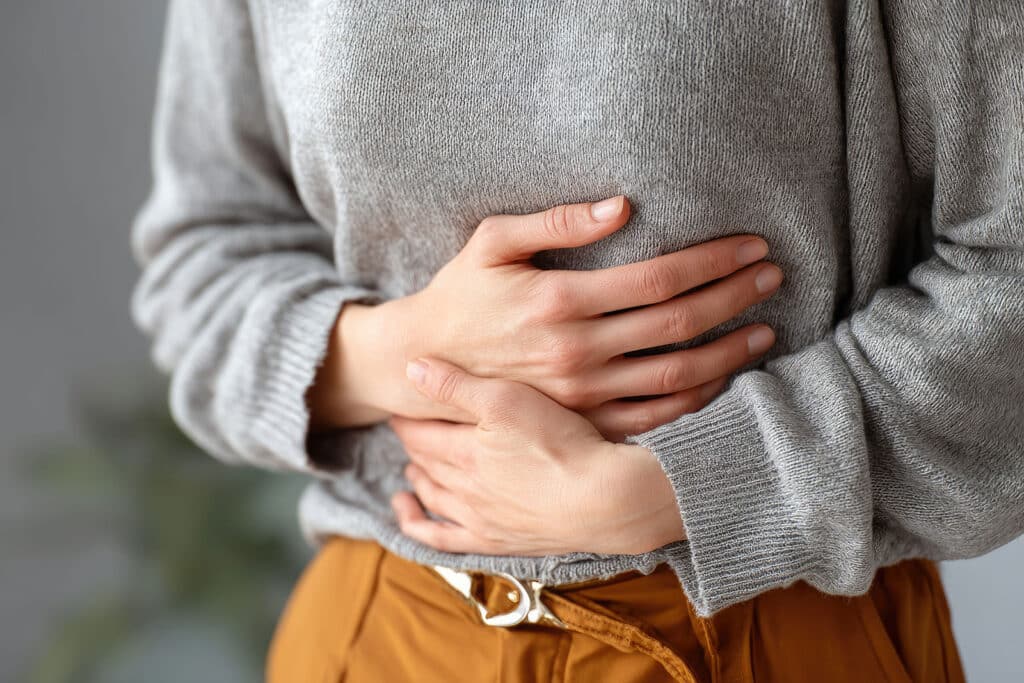
Long-Term Side Effects
As with most drugs, there are multiple long-term side effects linked to prolonged exposure to kavalactone. These adverse health consequences can include, but are not limited to:
- Stomach irritation
- Hallucinations
- Dermopathy
- Poor health
- Breathing difficulties
- Weakened immune system
- Uncontrolled weight loss
- Light sensitivity or photophobia
- Contact dermatitis
- Apathy
- Accidents and injuries caused by kava intoxication
Although kava’s direct impact on mental health is poorly understood, some studies indicate a substantial relationship between long-term kava use and exacerbated schizophrenia symptoms.
The herbal drug has also been found to interact unpredictably with various medications and drugs. People suffering from substance abuse disorders or who are taking medication for insomnia, depression, and anxiety should avoid taking kava.
Those with alcohol use disorder (AUD) should apply similar caution. Mixing alcohol with kava increases the risk of liver damage.
Is Kava Addictive?
No, kava, as a drug, isn’t considered addictive by FDA standards. However, as a drug, the psychoactive plant is potent enough to cause psychological dependency.
Dependence typically goes hand in hand with addiction. It occurs when your body and mind become dependent on kava for relaxation and stress relief. Your mind or body gets used to functioning with the substance, making stopping difficult.
When one becomes dependent on kava, they exhibit signs, including cravings, restlessness, changes in appetite, sleeping issues, obsession, and more.

Kava Withdrawal
Withdrawal from kava use is seldom documented. But it doesn’t mean they don’t happen, with some even reporting more intense withdrawal symptoms than other substances they’ve used.
Withdrawal Symptoms
As a depressant, stopping or ceasing to consume kava after prolonged heavy use can result in the following symptoms:
- Flu-like symptoms
- Body pains
- Fatigue
- Sweating
- Headache
- Mood swings
- Depression
- Difficulties sleeping
- Nausea and vomiting
The severity and duration of withdrawal vary from person to person. In most cases, depressant withdrawal should last several days to one week.
Kava Detox and Addiction Treatment Options
If you or any of your loved ones suffer from chronic kava use or dependence, it may be time to seek professional help.
Healthcare providers usually start with detoxification to eliminate the substance from the body. Under expert guidance, you can safely manage withdrawal symptoms in a safe environment.
You may consider enrolling in a personalized treatment program to address drug dependence and addiction. These programs offer comprehensive evidence-based approaches to identify and resolve underlying issues contributing to drug use.
A combination of medication, psychotherapy, and peer support is provided to facilitate lasting recovery.
Final Thoughts
Kava’s sedative properties could be effective in alleviating symptoms of stress, anxiety disorders, and sleeping problems. But, due to a lack of conclusive research, its precise medical uses remain unclear to healthcare professionals.
If you find your kava use affecting your relationships, career, and social life, don’t hesitate to seek help. Reach out to Recreate Behavioral Health for safe, expert, and compassionate support!
References
- https://www.nccih.nih.gov/health/naturopathy
- https://www.sciencedirect.com/topics/agricultural-and-biological-sciences/piper-methysticum
- https://my.clevelandclinic.org/health/treatments/24776-anxiolytics
- https://www.webmd.com/vitamins/condition-1030/benzodiazepine-withdrawal
- https://www.medicalnewstoday.com/articles/liver-and-drug-metabolism
- https://iris.who.int/bitstream/handle/10665/43630/9789241595261_eng.pdf
- https://pubmed.ncbi.nlm.nih.gov/11835463/
- https://www.ncbi.nlm.nih.gov/books/NBK64119/





